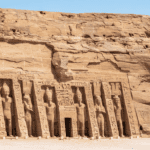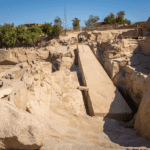Gateway to Antiquity Along Sacred Nile Shores
Amidst scenic vistas along the Nile’s west bank stands a place imbued with antiquity’s whispers – Kom Ombo Temple. Through crenellated stone gates echoing with prayers of millennia past, pilgrims find respite in its sprawling sandstone courts once amplifying spiritual hymns.
- Place: Kom Ombo Temple
- Country: Egypt
- Governorate: Aswan Governorate, Egypt
- Age: Constructed circa 180–47 BC
- Population: Tourist site with no permanent residents
- Discovered by: Rediscovered in 1862 by Auguste Mariette
- Famous for: Dual temple of Sobek and Haroeris
- Nearby locations: Aswan city (135km north), Esna (40km north)
Diverse Deities United Within Hallowed Walls
Unlike most pharaonic temples, here twin shrines venerated crocodile deity Sobek as well as the sky-god Haroeris. Their finely wrought statues and murals fused Greco-Roman styling within an ancient Egyptian cosmology, reflecting successive epochs of diverse beliefs coexisting along these Nubian frontiers.

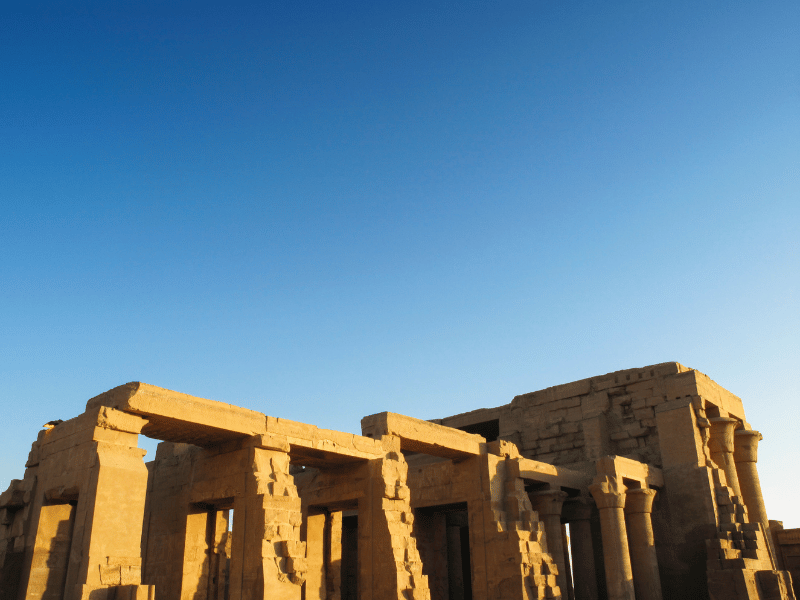
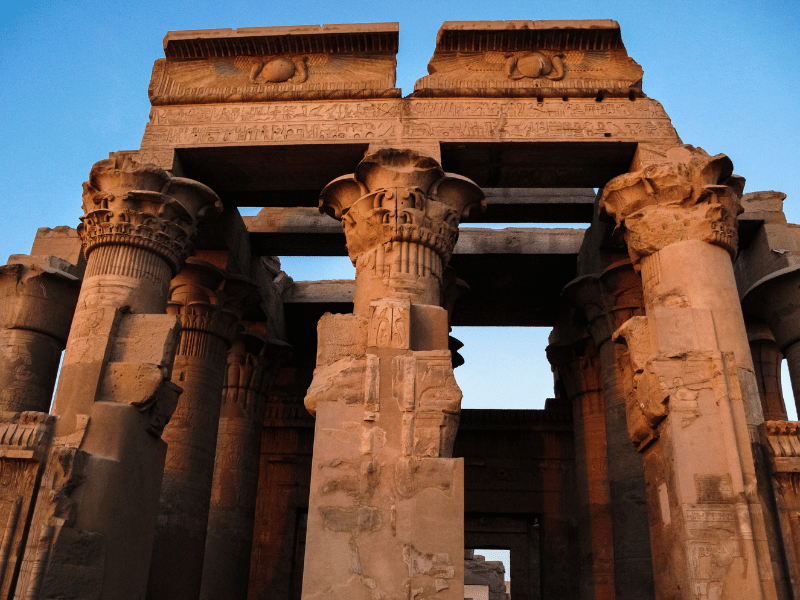
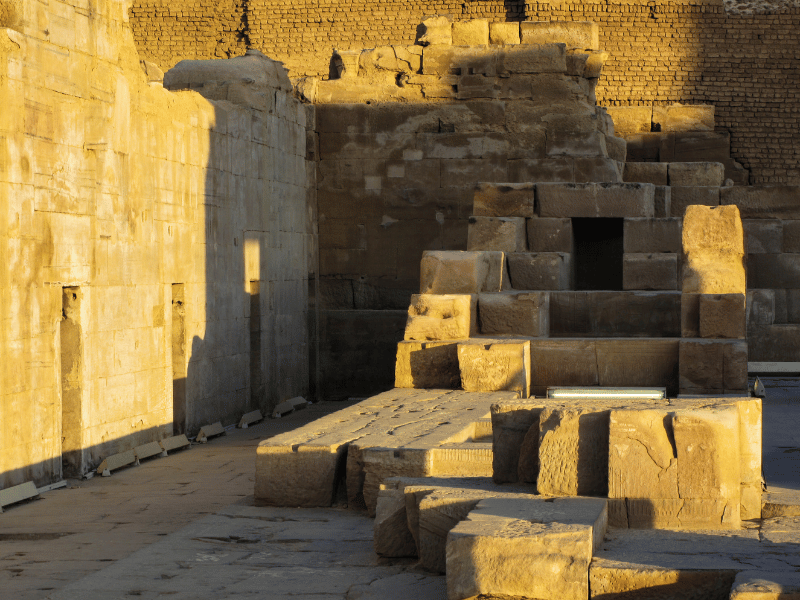
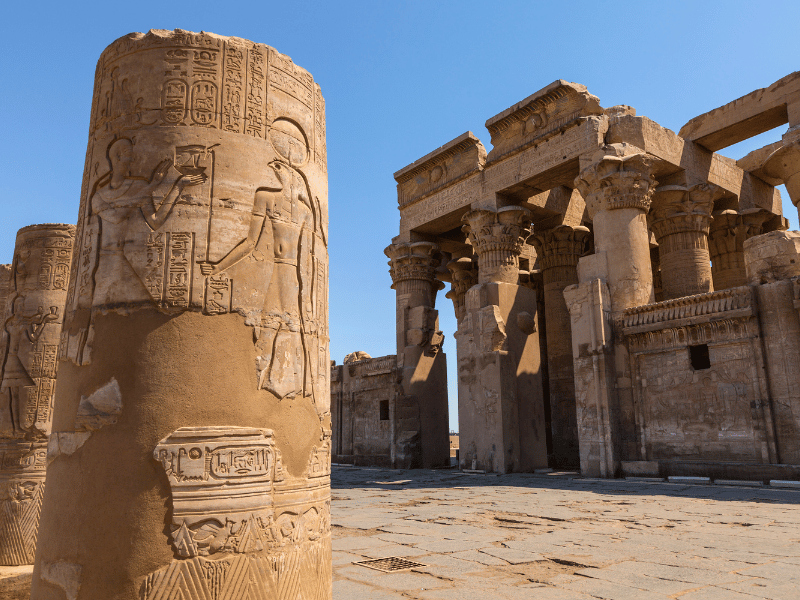
Offering Sanctuary Through the Generations
Now restored through global collaborations, winding sanctuary paths transport present pilgrims to uncover mysteries permeating Kom Ombo’s sacred ambience. Reverently treading routes of faith, one senses spiritual solace preserved for all seeking antiquity’s solace as rivers flow toward eternity.
Lessons of Coexistence Echoing Through the Ages
Just as its twin temples sheltered multiple faiths millennia past, Kom Ombo stands as a timely reminder that diverse beliefs need not conflict, but rather may peacefully coexist through mutual understanding and respect. Its sands spread messages of hope for embracing humanity’s shared heritage nurturing empathy across boundaries in our global village.
Stewardship of History Empowering Communities
Today sustainable development thrives alongside its antiquities. Through revering shared cultural roots connecting all people, may society increasingly emulate Kom Ombo’s examples where future communities are strengthened in prosperity, dignity, and enlightened citizenship within our common home.


